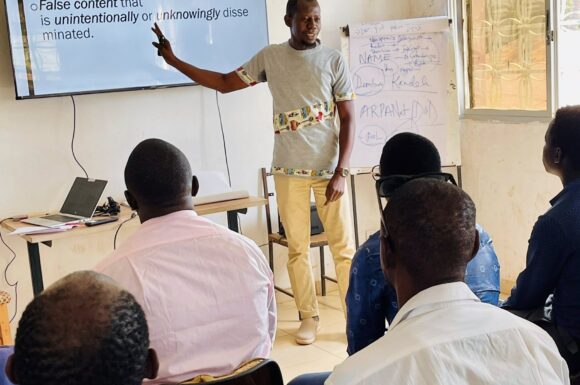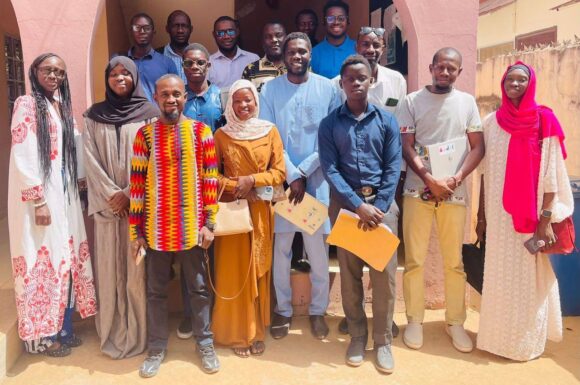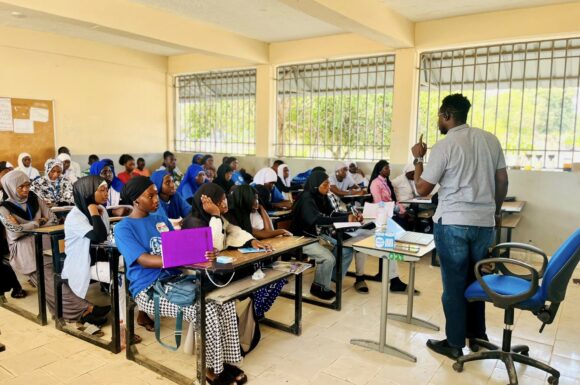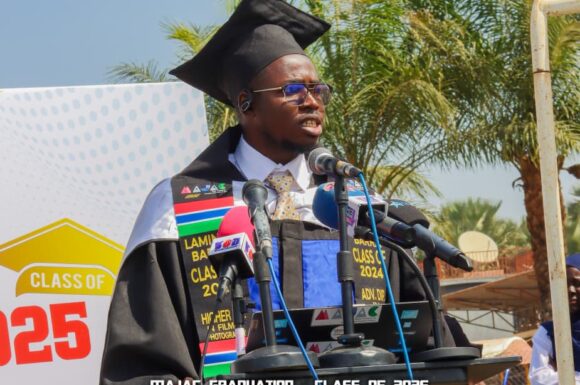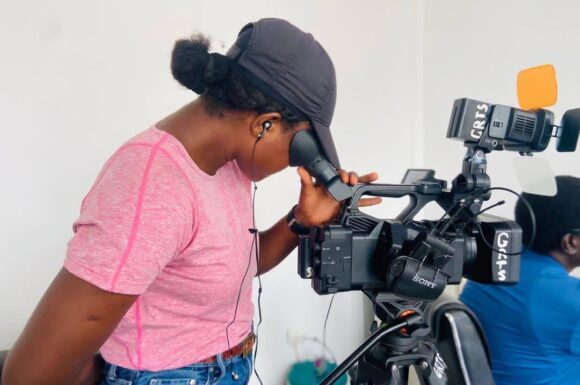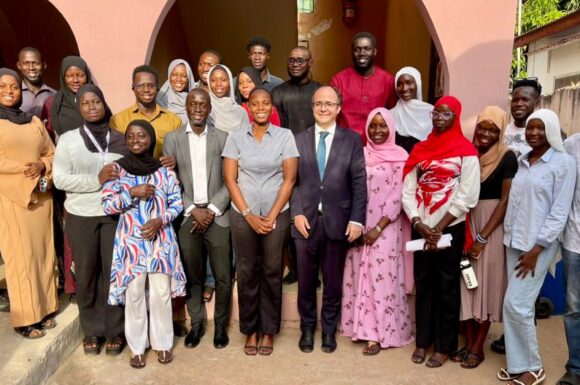Call for Applications – 2 day Workshop – Apply online
Call for Applications – 2 day Workshop – Apply online here: https://forms.gle/V2ng31kXmACzLEK9A Are you a
MAJaC Reviews State of Information Disorder in The Gambia
By : Fatoumatta Jobateh The Media Academy for Journalism and Communication (MAJaC) organized a review
Strengthening School Press Clubs
Today, Lamin B. Barra, Communications Officer at MAJaC, facilitated an engaging session with the Press
VALEDICTORIAN SPEECH – MAJaC Class of 2025 – Lamin B Barra
Assalamu Alaikum Warahmatullah. Honorable guests, respected trainers, beloved classmates, and my dear family, today is
Beyond the Camera: My Journey into Media
By Jainaba M Jallow My journey into media did not begin in a classroom.
Turkish Ambassador Praises MAJaC Students as “Bright People with Bright Energy” During Historic Visit
By Ebrima Mbaye The Turkish Ambassador to The Gambia, His Excellency Fahri Türker Oba, on

